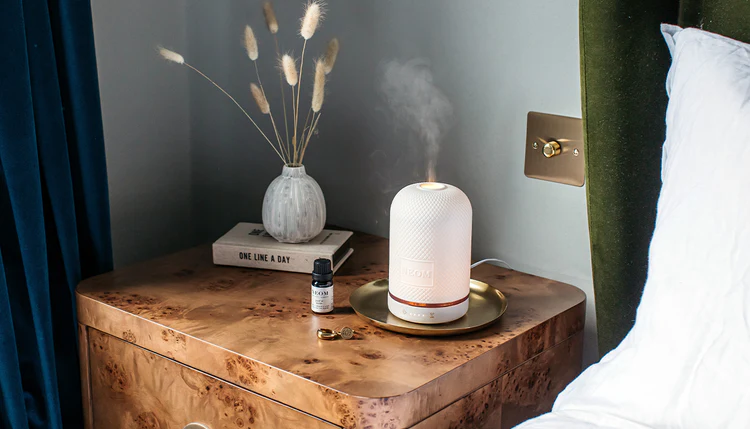Getting quality sleep isn’t just about how many hours you spend in bed — it’s also when you sleep that matters. Your body follows a natural cycle known as the circadian rhythm, and aligning your sleep schedule with it can dramatically improve how you feel.
 Waking up with sunlight helps regulate your internal clock.
Waking up with sunlight helps regulate your internal clock.
In this post, we’ll explore what science says about the ideal sleep schedule and how you can build a routine that fits your life (without medication or major disruption).
🧠 What Is a Sleep Schedule and Why It Matters
Your sleep schedule is the consistent time you go to bed and wake up each day. This routine helps regulate your body’s internal clock — the circadian rhythm — which controls:
- When you feel sleepy
- When your body releases melatonin
- Your energy levels throughout the day
Disrupting this rhythm (like staying up late or sleeping in too long) can lead to:
- Brain fog
- Mood swings
- Hormonal imbalance
- Difficulty falling or staying asleep
💡 Curious how building a routine helped me personally? Read how I improved my sleep in 7 days — no medication
🕒 What Science Suggests Is the Best Sleep Schedule
Most adults need 7–9 hours of sleep. But beyond that, the timing is just as crucial.
According to sleep researchers:
- The ideal bedtime is between 9:30 PM – 10:30 PM
- Wake-up time should be between 5:30 AM – 7:00 AM
- Sleep before midnight is more restorative than the same hours after
- Consistency (same time every night) is more important than duration in some cases
 The body’s circadian rhythm prefers consistent sleep timing.
The body’s circadian rhythm prefers consistent sleep timing.
📈 Studies show people with regular sleep/wake times experience:
- Higher cognitive performance
- Better mood
- Fewer sleep disturbances
🛠️ How to Build Your Ideal Sleep Schedule
-
Set a fixed wake-up time — even on weekends
This helps train your body clock.
-
Work backward to find your bedtime
If you need 8 hours and must wake at 6:30 AM, lights out by 10:30 PM.
-
Create a calming evening routine
- Dim lights 1 hour before bed
- Avoid screens and caffeine
- Try a lavender diffuser or white noise
🌿 We love using the best lavender diffusers for sleep to wind down naturally.
-
Stay consistent for at least 7–10 days
Your body will begin syncing automatically — you’ll fall asleep faster and wake easier.
 A warm, dimly lit bedroom can signal the brain that it’s time to rest.
A warm, dimly lit bedroom can signal the brain that it’s time to rest.
💤 Tips to Stick With Your Sleep Schedule
- Use sleep tracking apps to stay accountable
- Avoid large meals and intense exercise late at night
- Keep your room cool, dark, and quiet
- Try natural aids like weighted blankets or white noise machines
Final Thoughts
You don’t need to overhaul your entire lifestyle to get better sleep. Just start by adjusting when you sleep, not just how long.
Aligning with your natural body clock can make sleep easier, deeper, and more energizing.
Ready to start sleeping better? Begin tonight by going to bed 15 minutes earlier — and keep it consistent for a week.